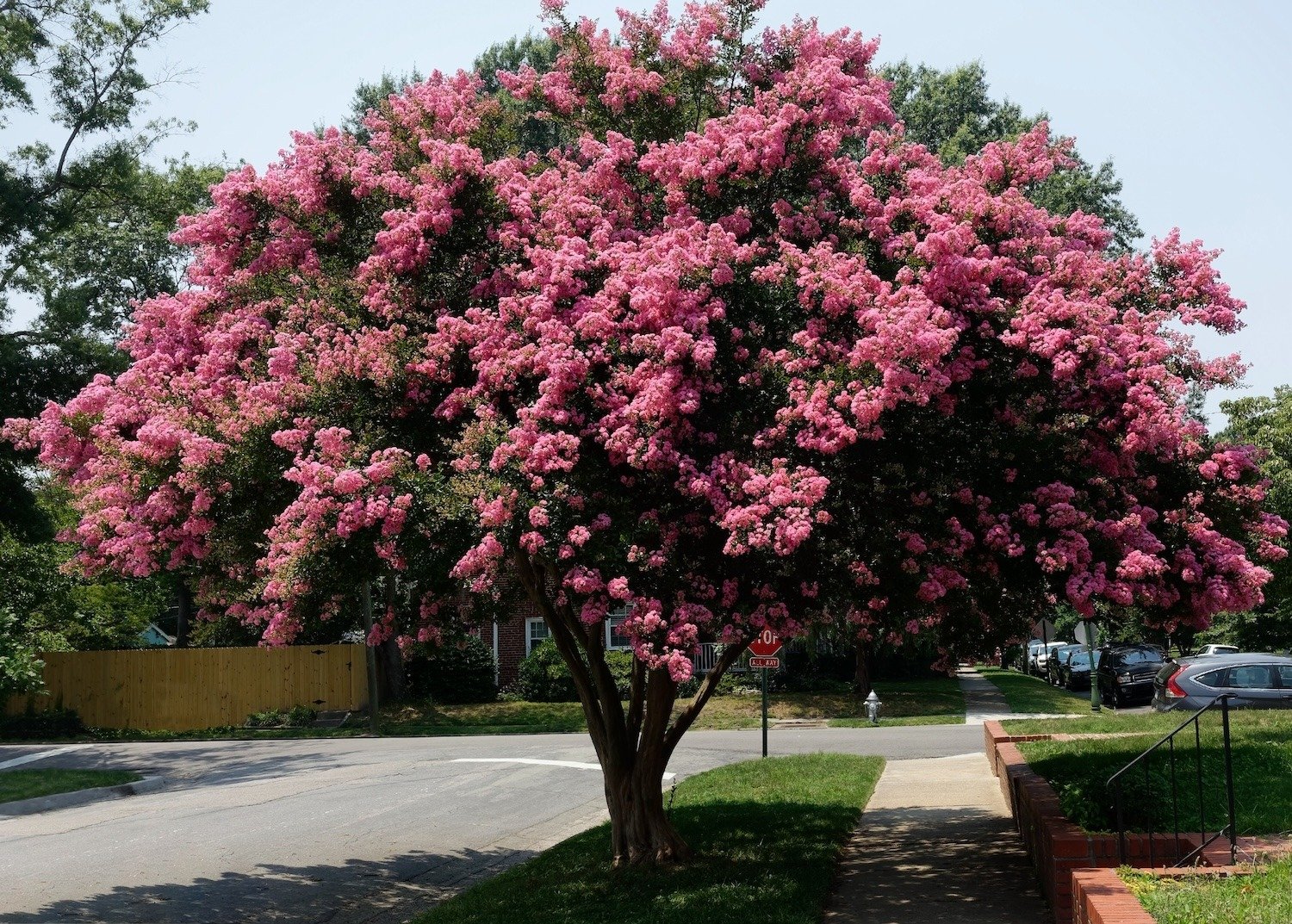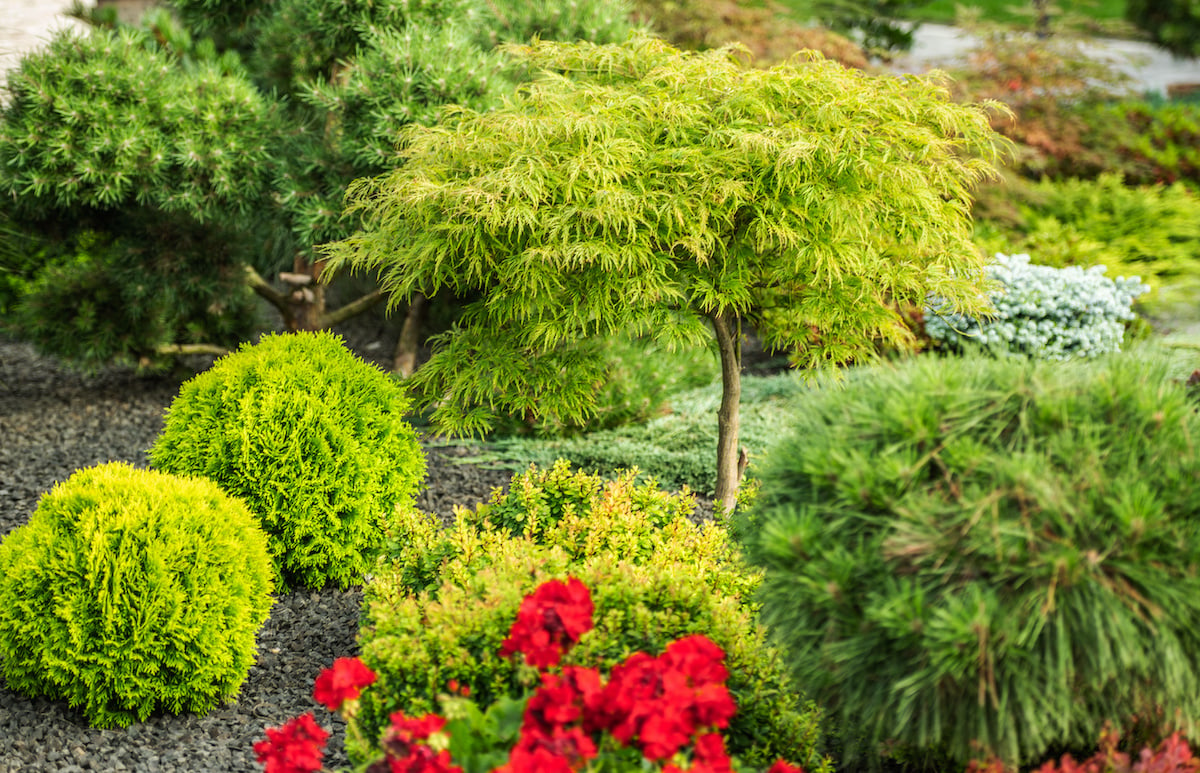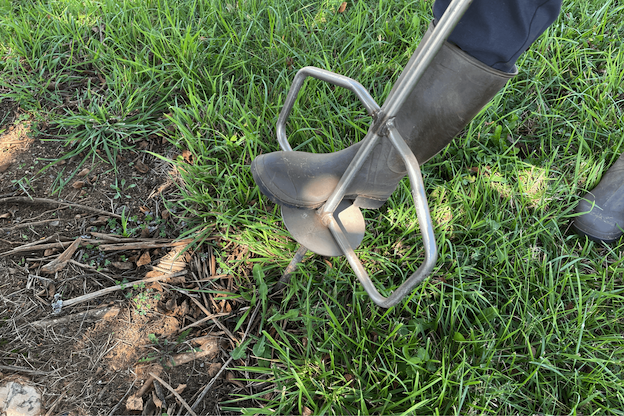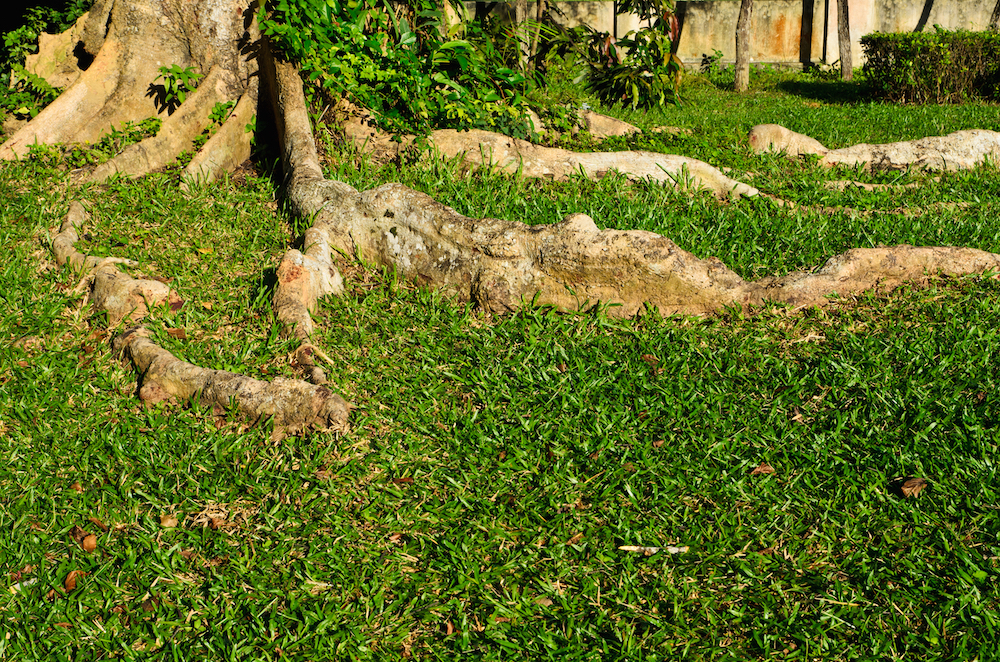Get Rooted: Fall Secrets for Thriving Trees and Shrubs All Year
As the days grow shorter and temperatures start to drop, it’s easy to focus on preparing lawns and gardens for winter and overlook the needs of trees...

Professional deep-root tree fertilization services like Top Turf have certified technicians and the right equipment to do the job for you. This means that it will be done correctly and in half the time. Why risk the health and safety of your trees?
There are many benefits to deep-root fertilization some include:
What’s the difference between traditional fertilization & deep-root fertilization?
Traditional fertilization methods distribute treatments around the tree, this allows everything around the tree to absorb the treatments as well. Unfortunately, this reduces the amount your tree gets its effectiveness.
It is possible for property owners to accomplish this process themselves, but inexperience can do more damage than good. Digging too much, for instance, can damage your tree, while too little will be a wasted effort. It is also important to identify the tree’s drip line in order to be the most effective. They will become healthier overall and more resistant to disease and insect infestation. Top Turf recommends deep root feeding once a year, in the fall.
Professional deep-root tree fertilization services like Top Turf have certified technicians and the right equipment to do the job for you. This means that it will be done correctly and in half the time. Why risk the health and safety of your trees?

As the days grow shorter and temperatures start to drop, it’s easy to focus on preparing lawns and gardens for winter and overlook the needs of trees...

We generally wait until the leaves have fallen and the sap has dropped in the trees before we fertilize. We do this to avoid causing any late-season...

When it comes to your yard, most of the turf trouble starts where you can’t see it—underground. One of the biggest hidden culprits? Tree root...